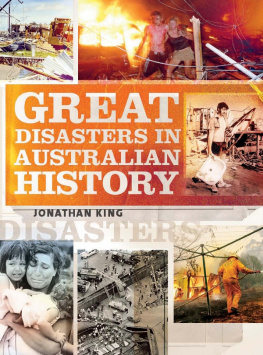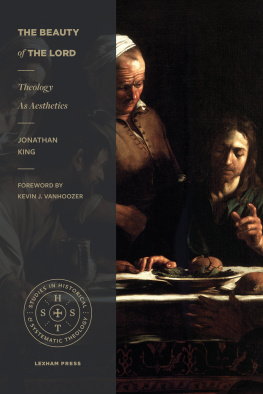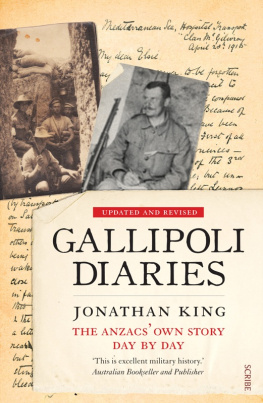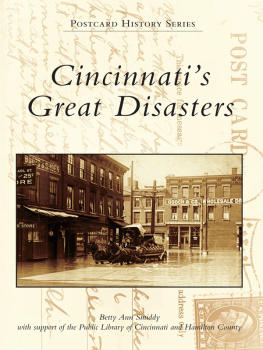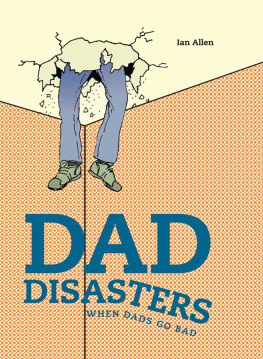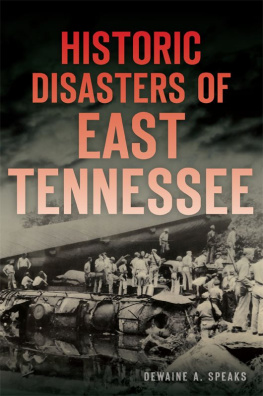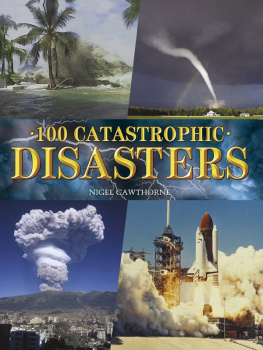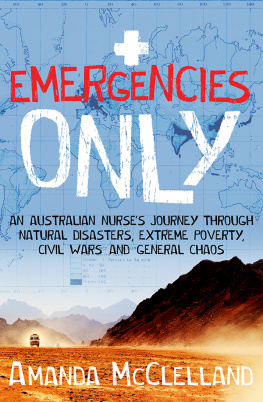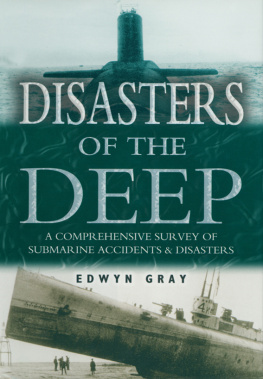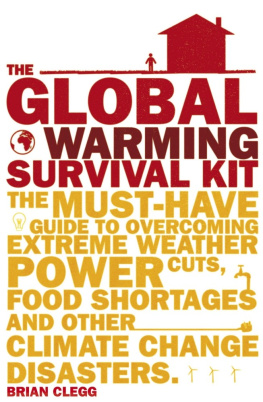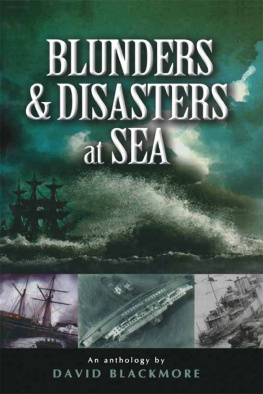Other books (selected) by Jonathan King
The Other Side of the Coin: A political cartoon history of Australia (1976)
Stop Laughing, This is Serious!: A social cartoon history of Australia (1978)
Waltzing Materialism: Attitudes that shaped Australia (1978)
A Cartoon History of Australia (1980)
Governor Phillip Gidley King (with R. John King, 1982)
The First Fleet: Convict voyage that founded a nation (1982)
The First Settlement: Convict village that founded a nation (1985)
In the Beginning: The founding of Australia from the original documents (1986)
Voyage into History (1987)
Australias First Fleet: The original voyage and the re-enactment (1988)
Battle for the Bicentenary (1989)
The Man from Snowy River (1995)
Australias First Century: A pictorial history of Australia (2000)
Gallipoli Diaries: The Anzacs own story, day by day (2003)
Gallipoli: Our last man standing (2004)
Mary Bryant: Her life and escape from Botany Bay (2004)
Gallipoli Untold Stories: From Charles Bean and frontline Anzacs (2005)
Historica: 1000 years of our lives and times (2006)
Western Front Diaries: The Anzacs own story, battle by battle (2008)
Great Moments in Australian History (2009)
Great Battles in Australian History (2011)
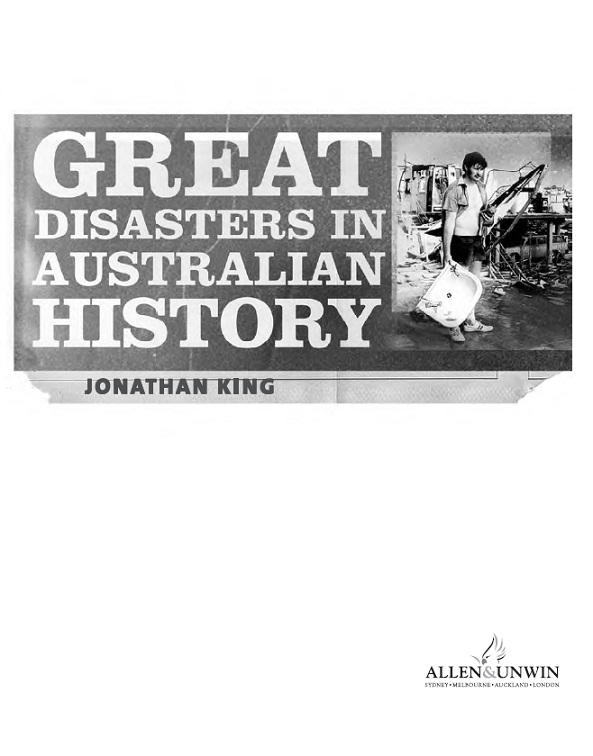
First published in 2013
Copyright Jonathan King 2013
All rights reserved. No part of this book may be reproduced or transmitted in any form or by any means, electronic or mechanical, including photocopying, recording or by any information storage and retrieval system, without prior permission in writing from the publisher. The Australian Copyright Act 1968 (the Act) allows a maximum of one chapter or 10 per cent of this book, whichever is the greater, to be photocopied by any educational institution for its educational purposes provided that the educational institution (or body that administers it) has given a remuneration notice to Copyright Agency Limited (CAL) under the Act.
Allen & Unwin
83 Alexander Street
Crows Nest New South Wales 2065
Australia
Phone: (61 2) 8425 0100
Email: info@allenandunwin.com
Web: www.allenandunwin.com
Cataloguing-in-Publication details are available
from the National Library of Australia
www.trove.nla.gov.au
ISBN 978 1 74331 251 3
eISBN 978 1 74343 574 8
Internal design by Simon Paterson, Bookhouse
Set in 12/15 pt Garamond Premier Pro by Bookhouse, Sydney
To the thousands of Australians
who have died in great disasters,
often caused by human error
MY COUNTRY
The love of field and coppice
Of green and shaded lanes,
Of ordered woods and gardens
Is running in your veins.
Strong love of grey-blue distance,
Brown streams and soft, dim skies
I know, but cannot share it,
My love is otherwise.
I love a sunburnt country,
A land of sweeping plains,
Of ragged mountain ranges,
Of droughts and flooding rains.
I love her far horizons,
I love her jewel-sea,
Her beauty and her terror
The wide brown land for me!
The stark white ring-barked forests,
All tragic to the moon,
The sapphire-misted mountains,
The hot gold hush of noon,
Green tangle of the brushes
Where lithe lianas coil,
And orchids deck the tree-tops,
And ferns the warm dark soil.
Core of my heart, my country!
Her pitiless blue sky,
When, sick at heart, around us
We see the cattle die
But then the grey clouds gather,
And we can bless again
The drumming of an army,
The steady soaking rain.
Core of my heart, my country!
Land of the rainbow gold,
For flood and fire and famine
She pays us back threefold.
Over the thirsty paddocks,
Watch, after many days,
The filmy veil of greenness
That thickens as we gaze...
An opal-hearted country,
A wilful, lavish land
All you who have not loved her,
You will not understand
though Earth holds many splendours,
Wherever I may die,
I know to what brown country
My homing thoughts will fly.
Dorothea Mackellar (18851968)
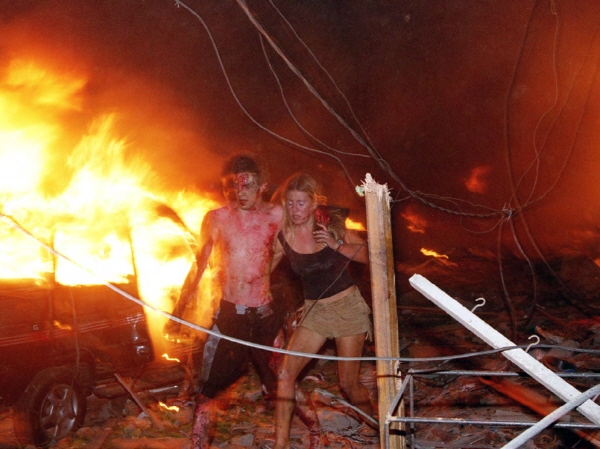
In October 2002, after a terrorists bomb exploded, Hanabeth Luke helped fellow survivor Tom Singer from the ruins of the Sari Club at Kuta, Bali. Sadly, Singer suffered burns to 64 per cent of his body and passed away about a month later; Hanabeths boyfriend died in the blast. The bombing killed 202 people, including 88 Australians.
FOREWORD
Everything is okay, until its not.
Nothings ever gone wrong here, so why should it now?
But suddenly there is a strange sound? Its probably nothing.
Maybe it is just a cracker, a demonstration, or just someone mouthing off, something to be ignored.
And then suddenly it hits you, it is here, it is happening, now.
You see, as Australians we live in a comfortable society where complacency has become the norm. Largely free from the experience of violence and poverty, we are able to live, grow, work and play as we roam about the world in a bubble of safety. However, many parts of the world are not safe. Many parts of the world experience war and hunger, and desperation is commonplace; dwellings are unsafe, poorly constructed and unaffected by building guidelines. There are no available exit routes, should something go wrong, as it may well do. Life is cheap, and support networks are dependent upon the mercy of others to help you, if they can.
You may not expect disaster, but when it strikes, life changes in an instant: priorities shift immeasurably: moments ago you were worrying about scuffing your shoe and now, you are fighting for survival. Around you, the small talk that took place with the man next to you becomes his last words, as life is reduced to blood, bone and memory. Every sense magnifies, as your reactions in the slow-motion of that moment grasp at the threads of your existence, and everything from that moment on, can never be the same.
In this beautifully written book, Dr Jonathan King has thoughtfully and meticulously documented many of the personal stories of Australians who have come face to face with disaster, and the cascading, echoing effects they can have on society. When he gave me the honour of writing the Foreword, I saw it as an important place to acknowledge that, as dreadful as they are, disasters can sometimes still produce constructive outcomes. To give some examples, the bombing in Bali inspired a better relationship between the Australian and Indonesian governments; bus and train crashes have inspired stricter transport regulations and safer conditions; and the Port Arthur gun massacre inspired tighter gun control.
By shaking us from our state of complacency, disasters can have a powerful and rapid effect on policy. Premeditated mass murder was something Australians never considered would happen here, until a man (with a mental age of eleven) who had been able to purchase firearms over the internet went on to kill 35 people at Port Arthur. This caused a rapid policy change and saw a huge reduction in Australian firearms, although today it is estimated that we now have more guns in Australia than ever before. Once more, are we becoming complacent? Is it time to review our policy on weapons so we can see some changes
Next page
